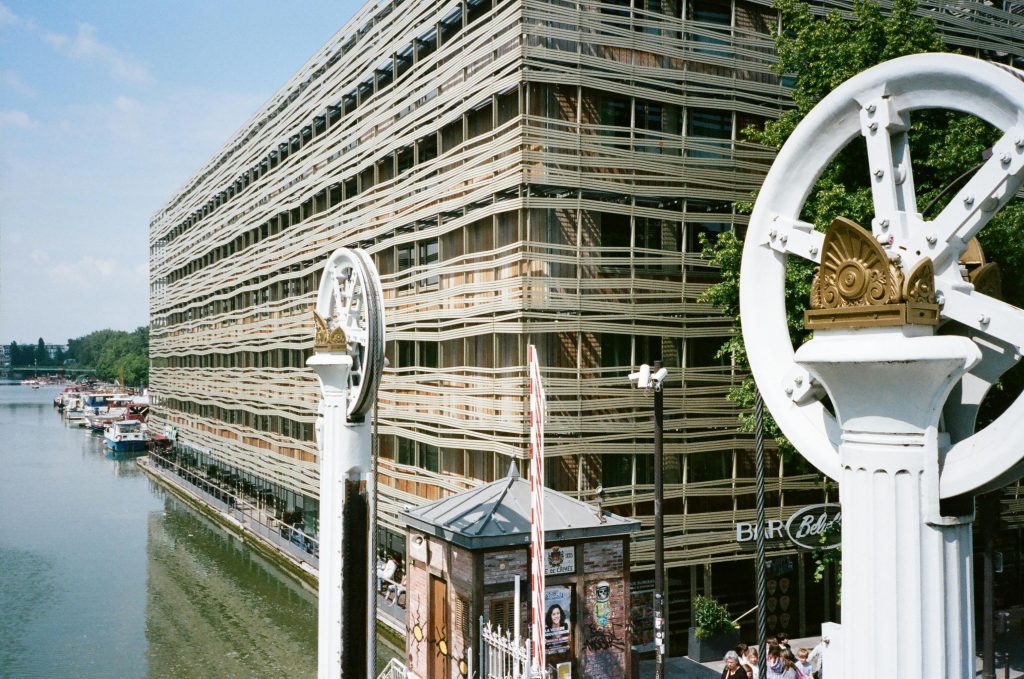The Importance of Server Maintenance: A Cautionary Tale
Today, we encountered a challenging situation with a client’s server that unfortunately failed, taking with it crucial data that had been at risk for quite some time. For the past three years, we’ve been advising the client about the potential repercussions of neglecting server maintenance, and regrettably, those warnings came to fruition.
The server experienced a dual hard drive failure, both of which had likely been struggling for several years. In fact, the LED indicators were so dim that I initially suspected they were malfunctioning. The HDD error light displayed the same troubling signs.
We attempted to restore the RAID 10 configuration, but the damage to the remaining drive was too severe, making data recovery nearly impossible. The last backup had been performed just two days prior, but as we attempted to retrieve the most essential files, it became apparent that this backup may also be corrupted.
The server was operating on Windows Server 2008, which adds an additional layer of complexity. We will need to set up a new Active Directory and shift all the connected computers to this new system. This transition will ultimately incur significant labor costs for the client.
The pressing question is: was it wise for the client to rely on a server that had outlived its expected lifespan by three times, thus risking weeks of lost work as we await the new server to arrive and be properly installed?
The takeaway from this experience is clear: investing in the maintenance and timely upgrades of your company’s main server is not just beneficial—it’s essential.
On a lighter note, I must mention that this server was by far the dirtiest I have ever encountered. It raised the question—was smoking permitted in the server room?
In closing, ensure that your organization’s critical infrastructure is not overlooked. Regular maintenance, timely upgrades, and proper environmental controls can save you from costly losses down the road.
Share this content:



